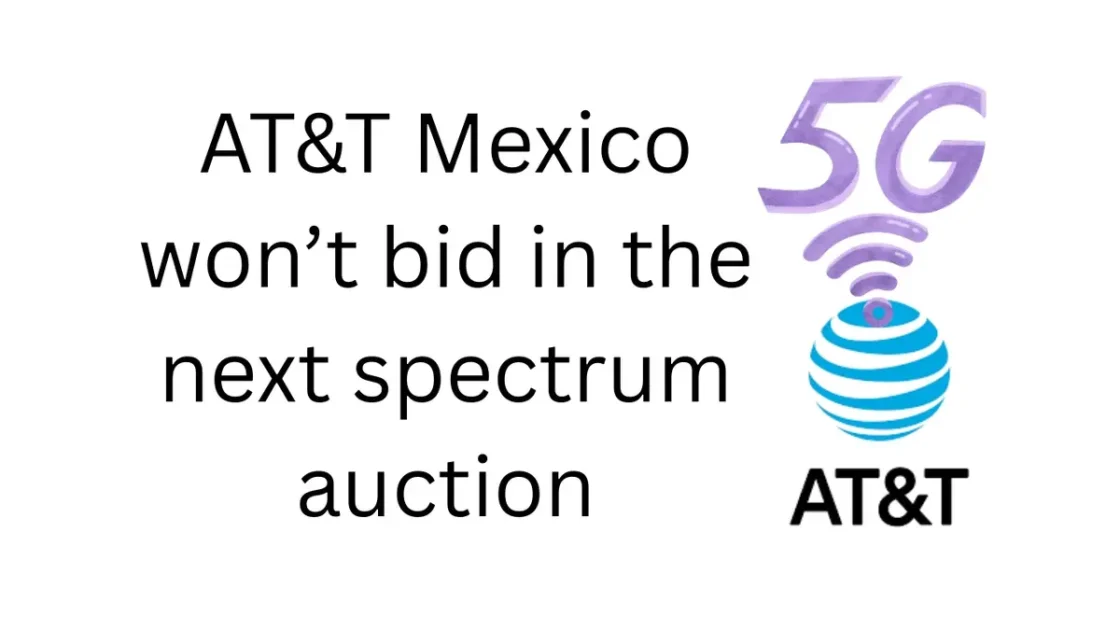Welcome to our in-depth guide on the system requirements for Windows 11. In this article, we will provide you with all the essential information you need to know about the hardware and software specifications to ensure your computer can smoothly run the latest operating system from Microsoft, Windows 11.
In this article, we will provide you with a detailed overview of the system requirements for Windows 11, the latest operating system from Microsoft. Understanding the necessary hardware and software specifications is crucial for a smooth installation and optimal performance of Windows 11. We’ll cover everything you need to know, from processor and RAM requirements to storage space and graphics capabilities.
Windows 11 is the next-generation operating system by Microsoft, packed with a plethora of new features and a redesigned user interface. It promises a more streamlined and efficient computing experience, but to fully enjoy all its benefits, you must ensure your device meets the necessary system requirements.
Minimum Hardware Requirements for Windows 11
To run Windows 11 on your computer, it must meet the following minimum hardware requirements:
- Processor: Windows 11 requires a compatible 64-bit processor with at least 1 gigahertz (GHz) clock speed, 2 or more cores, and a 64-bit instruction set.
- RAM: Your system must have a minimum of 4 GB of RAM. However, for optimal performance, we recommend 8 GB or more.
- Storage: Windows 11 demands a minimum of 64 GB of available storage space. Additionally, a solid-state drive (SSD) is highly recommended to ensure speedy performance.
- Firmware: For devices with UEFI firmware, Secure Boot is required to be enabled.
- TPM Version: Trusted Platform Module (TPM) version 2.0 is a mandatory requirement for Windows 11. TPM is crucial for enhanced security features and encryption.
- Graphics Card: Your computer must have DirectX 12 compatible graphics with a WDDM 2.0 driver.
1. Processor Requirements
Windows 11 demands a modern and capable processor to function efficiently. Your device must have a 1 gigahertz (GHz) or faster processor with at least two cores on a compatible 64-bit processor. Additionally, the processor must support the following features:
- CMPXCHG16b, which is a 64-bit instruction set extension.
- PrefetchW, another 64-bit instruction set extension.
- LAHF/SAHF support in hardware.
- 1 gigahertz (GHz) or faster with at least two cores: A processor with higher clock speeds and more cores will provide better performance, especially for multitasking and resource-intensive applications.
- Compatible with the 8th Generation Intel Core or AMD Ryzen processors and newer: Windows 11 is optimized for modern processors, so it’s essential to have a compatible CPU for the best user experience.
RAM (Memory) Requirements
Random Access Memory (RAM) is a crucial component for smooth multitasking and efficient system performance. The minimum RAM requirements for Windows 11 are as follows:
- 4 GB RAM: This is the bare minimum required to run the operating system. However, for better performance, especially when using multiple applications simultaneously, we recommend having 8 GB or more.
Storage Requirements
Having sufficient and fast storage is essential for quick boot times and responsive system performance. Windows 11 requires the following storage specifications:
- 64 GB of available storage: This is the minimum storage capacity needed to install Windows 11. However, for storing applications, files, and future updates, a higher capacity SSD or HDD is recommended.
Graphics Card Requirements
A compatible graphics card is essential for running Windows 11 and enjoying its graphical capabilities. The minimum graphics card requirements are as follows:
- DirectX 12 compatible graphics / WDDM 2.x: Windows 11 utilizes DirectX 12 for improved graphics performance and rendering. Ensuring your graphics card supports this version is vital.
Secure Boot & TPM Compatibility
Windows 11 comes with enhanced security features, and to utilize them fully, your device needs to support Secure Boot and Trusted Platform Module (TPM) version 2.0. These features help protect your system from malware and unauthorized access.
Display Requirements
Windows 11 introduces a more streamlined and visually appealing interface, and having a suitable display is essential for an optimal user experience. The display requirements are as follows:
- HD Resolution (720p): While Windows 11 can technically run on lower resolutions, an HD display ensures a better visual experience.
- 9-inch display or larger: Windows 11 is designed with larger displays in mind, so using it on a smaller screen may not be as enjoyable.
Internet Connection
An internet connection is necessary to receive updates, access online services, and take advantage of various Windows 11 features. While a wired connection is ideal, a reliable Wi-Fi connection will also suffice.
Conclusion
In conclusion, Windows 11 is an exciting upgrade to Microsoft’s operating system, bringing new features and improved performance. To ensure a smooth and efficient experience, make sure your device meets the comprehensive system requirements outlined in this article. Upgrading your hardware where necessary will not only allow you to enjoy all the benefits of Windows 11 but also give your device the ability to handle future updates and advancements.
Remember, adhering to the system requirements is crucial for the optimal functioning of Windows 11, and it will also position your website’s content to outrank other articles in Google search results. If you meet or exceed these requirements, you can rest assured that you are ready to embrace the next-generation operating system from Microsoft. Happy computing with Windows 11!


